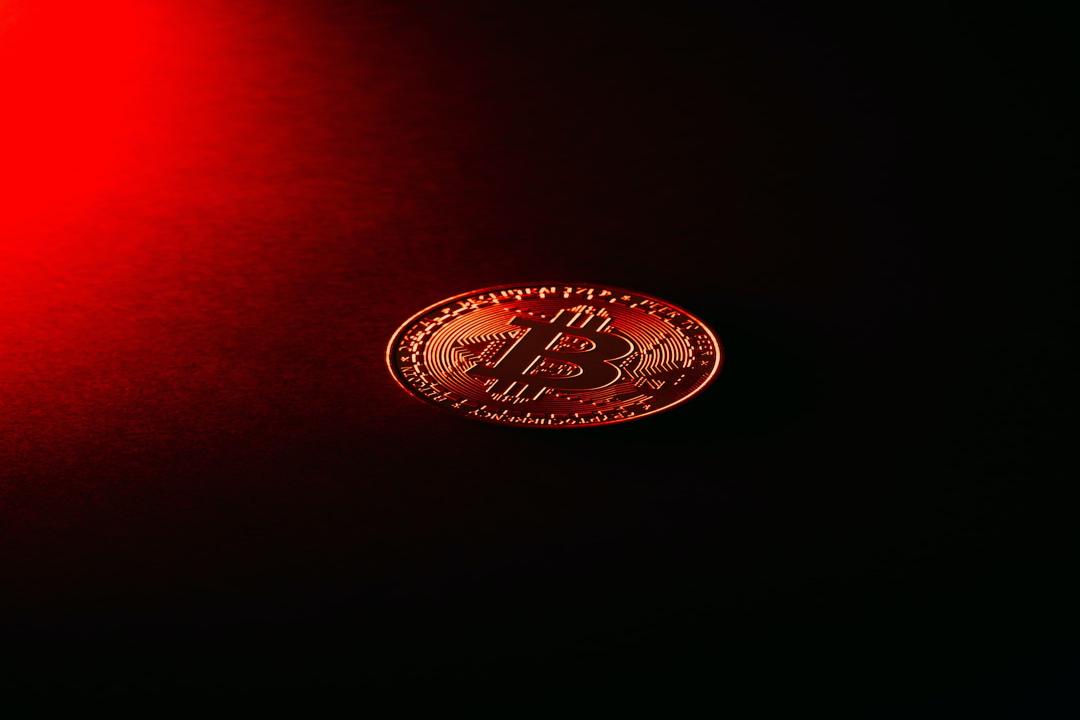South Korea’s Financial Services Commission (FSC) has issued guidelines to clarify the treatment of nonfungible tokens (NFTs) as virtual assets.
According to a report by local media outlet News1 on June 10, the FSC will regulate NFTs in a similar manner to cryptocurrencies if they lack distinct characteristics that set them apart from virtual assets. NFTs that are mass-produced, divisible, and can be utilized for payments will fall under the category of virtual assets.
However, NFTs with minimal to zero value, such as those used for ticketing or digital certificates, will be classified separately as general NFTs. Jeon Yo-seop, the head of Financial Innovation Planning at the FSC, stated in an interview that collections of NFTs with high quantities have a high likelihood of being used for payments. The official emphasized that a collection of one million NFTs could potentially facilitate numerous transactions and serve as a payment method.
Despite this, the FSC emphasized that each collection of NFTs will be evaluated on a case-by-case basis, indicating that there is no fixed standard for interpreting NFTs as cryptocurrencies. Additionally, the guidelines suggest that NFTs could be considered securities if they exhibit specific features outlined in the country’s Capital Markets Act.
In preparation for the implementation of new regulations for virtual assets in July 2024, the South Korean regulator has issued a series of guidelines to assist stakeholders in navigating the country’s laws. The FSC previously mentioned in 2023 that virtual assets must earn interest when deposited into a cryptocurrency exchange by July. However, the law excludes regular NFTs and central bank digital currencies (CBDCs).
While regular NFTs and CBDCs are not eligible for interest, there are exceptions to the rule. The latest update from the FSC reaffirms its previous stance that NFTs classified as virtual assets can earn interest when deposited on exchanges, particularly those used for payments and issued in large quantities.
In other news, Mt Gox is not yet selling off Bitcoin, and Hong Kong is expelling crypto exchanges: Asia Express.

